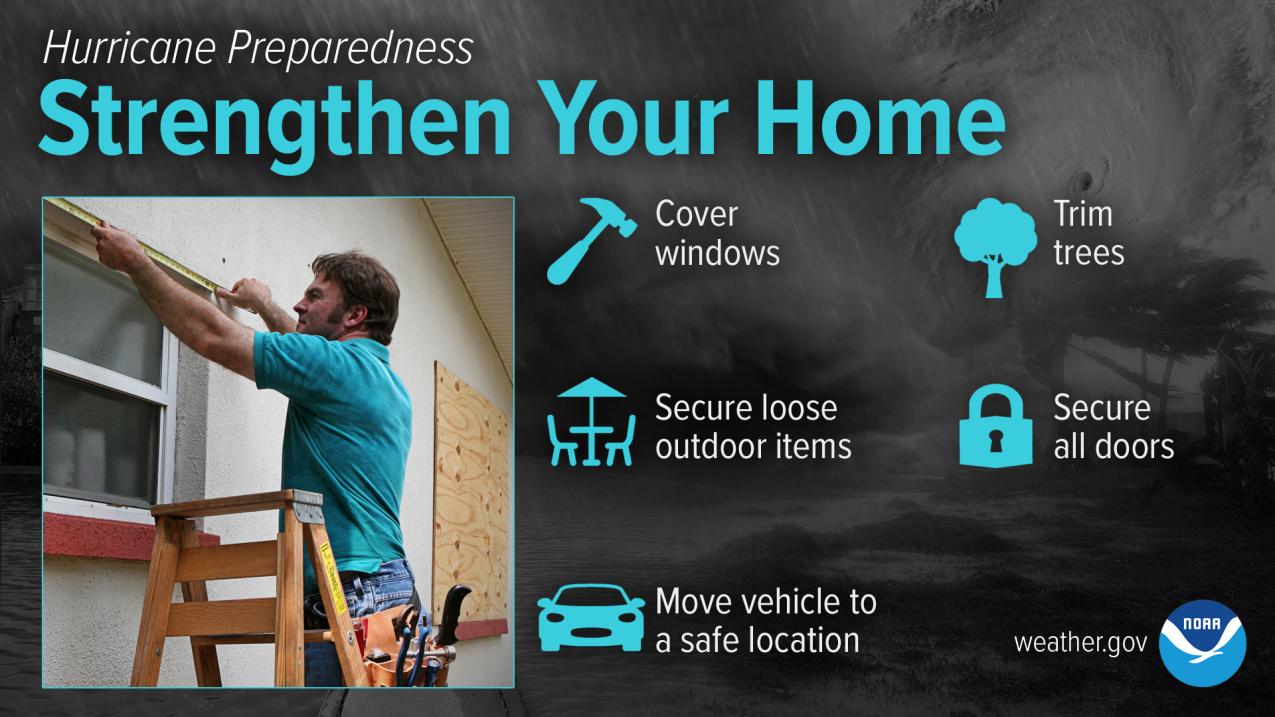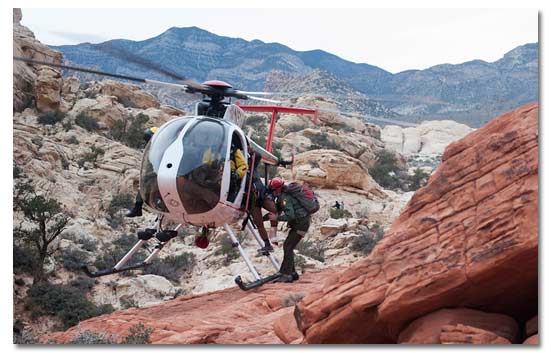
If you're unfamiliar with the most common natural disasters, read this article. It will provide you with information about Tornadoes, Hurricanes, Cyclones, and Flooding. You can then take the necessary precautions for your home. Are you concerned about the possible consequences of a specific disaster? The majority of people don’t know anything about how to prevent them. However, knowing more about them can help you prepare for them no matter where in the world you live.
Flooding
Flooding occurs when water overflows onto the land. These events can occur during periods of heavy rainfall, when ocean waves come ashore, or when rivers overflow. While flooding is common during the summer, it is also possible for inland areas to flood due to dams and levees breaking. Floodwaters that reach a large area can flood an entire home. Even though it is just a few inches in size, they can cover the entire structure. It may be quick to flood the area, or it may take several days.
Tornadoes
Tornadoes occur every year in large regions of the earth and can cause significant damage. They can do great damage to private property and cause severe health problems. Tornadoes can cause severe damage, as well as wound infections and poor hygiene. Tornadoes can strike anywhere on the globe, with the exception of Antarctica. However, they tend to occur in the Tornado Alley region of the United States.

Hurricanes
Hurricanes can be dangerous and devastating natural disasters. In other parts of the globe they are known as cyclones. Hurricanes lose much of their energy when they hit land. They also experience significant energy loss as they move into non-tropical areas. These hurricanes can destroy entire cities, towns, and villages. If you live near a coastal area, it is imperative that you prepare your community for disasters. Professionals can help you prepare your community to handle hurricanes.
Cyclones
While storms are the most frequent cause of natural catastrophes, they can also lead to property destruction. Even the smallest of buildings can be destroyed by strong winds. Even small objects may be damaged by strong winds, especially if they do not have a foundation. Storms have male and female names, which alternate at the start of each season. These names vary depending on where they strike.
Earthquakes
Although they are very rare, earthquakes can cause significant damage to homes or buildings. The United States saw two major earthquakes in 2018, though none of them were deadly. Earthquakes happen when tectonic plate movements cause shaking. They can cause severe injury, economic loss, and significant damage to the body. Some earthquakes are relatively harmless. However, other earthquakes can prove deadly.
Tsunamis
Tsunamis, which are large waves, occur under the ocean when there is an earthquake. The earthquake causes large blocks of rock to pass each other, which causes waves to rise and spread all around. These waves can reach up to 5,000 kilometers and be as high as 100 feet in height. The destruction that these waves can cause can last for hours or days. The tsunami can cause coastal communities to flee.

Severe Storms
Recently, the World Meteorological Organization released a report that showed the United States has the worst natural disasters. The report states that almost every day, there are disasters, and the United States has sustained more than a billion dollars in damages due to weather-related events over the past 50 years. Severe storms, earthquakes, wildfires, and geophysical events are among the most destructive natural hazards, but improving weather reporting and early warnings can help reduce the death toll.
FAQ
How can I find the right knife for me?
It can be difficult to find the right knife for your needs. There are so many brands out there that claim to be the best.
But which one is truly the best? How can you choose between them?
First, think about the type of tasks you will be using your knife for.
Are you going to slice bread, cut wood, skin animals or chop vegetables?
Is it for fishing or hunting? Is it meant for camp cooking or kitchen cutting?
Will you use it to open cans and bottles? Will you be opening packages or boxes?
Does your knife have to be strong enough?
How about cleaning it after each use? Is it something you intend to do often?
Is it necessary to keep its edge over time?
What is the best survival tip you have?
It is essential to be calm in order to survive. If you panic you will make mistakes and ultimately die.
Why you should know basic survival skills?
While you might not always have access water or food, being prepared will ensure that you survive for longer.
You need to learn how to care for others and yourself. You won't survive in a crisis if this is not something you know.
If you're going into the wilderness, you will need to be able to build shelters, make fires, and find food.
These are vital skills that everyone must have. They will help you to stay safe and healthy while on a camping trip.
Statistics
- We know you're not always going to be 100% prepared for the situations that befall you, but you can still try and do your best to mitigate the worst circumstances by preparing for a number of contingencies. (hiconsumption.com)
- The Dyrt PRO gives 40% campground discounts across the country (thedyrt.com)
- Not only does it kill up to 99.9% of all waterborne bacteria and parasites, but it will filter up to 1,000 liters of water without the use of chemicals. (hiconsumption.com)
- Without one, your head and neck can radiate up to 40 percent of your body heat. (dec.ny.gov)
External Links
How To
How to Purify Drink Water in Emergencies
The most important task in natural disasters is to purify drinking water. Filtration, disinfection and storage are the steps involved in purifying drinking waters. Clean drinking water has saved many lives in times of need. It also helps people recover faster after disasters.
Purified water must be kept out of direct sunlight and stored correctly. Purified water should be stored in a container that does not contain oxygen. If you do not have enough containers, use plastic bags or bottles. Keep the water at a temperature of 4 degrees Celsius (40 F). Avoid freezing as ice crystals can form in the water.
These steps are important when purifying water:
-
Boil water until it boils. Use a strainer or a sieve to filter out any impurities.
-
One teaspoon of iodine should be added to each 2 gallons. Mix thoroughly before adding the powdered iodine.
-
Store the water in airtight containers. Keep the water at room temperature for no longer than three working days.
-
The date, the type of water and the amount of water should be clearly written on the label.
-
Make sure that your water supply has a safe and reliable source!